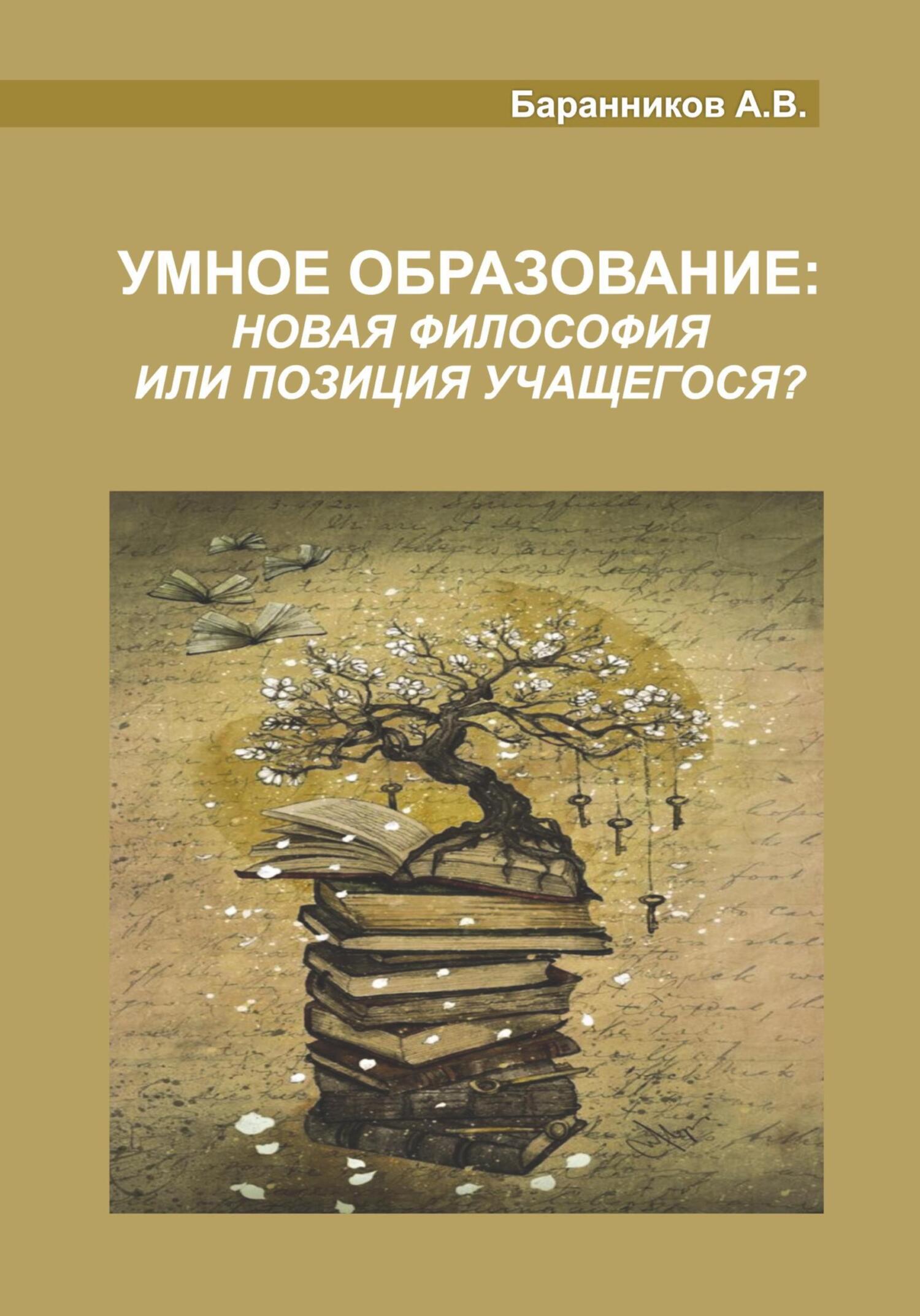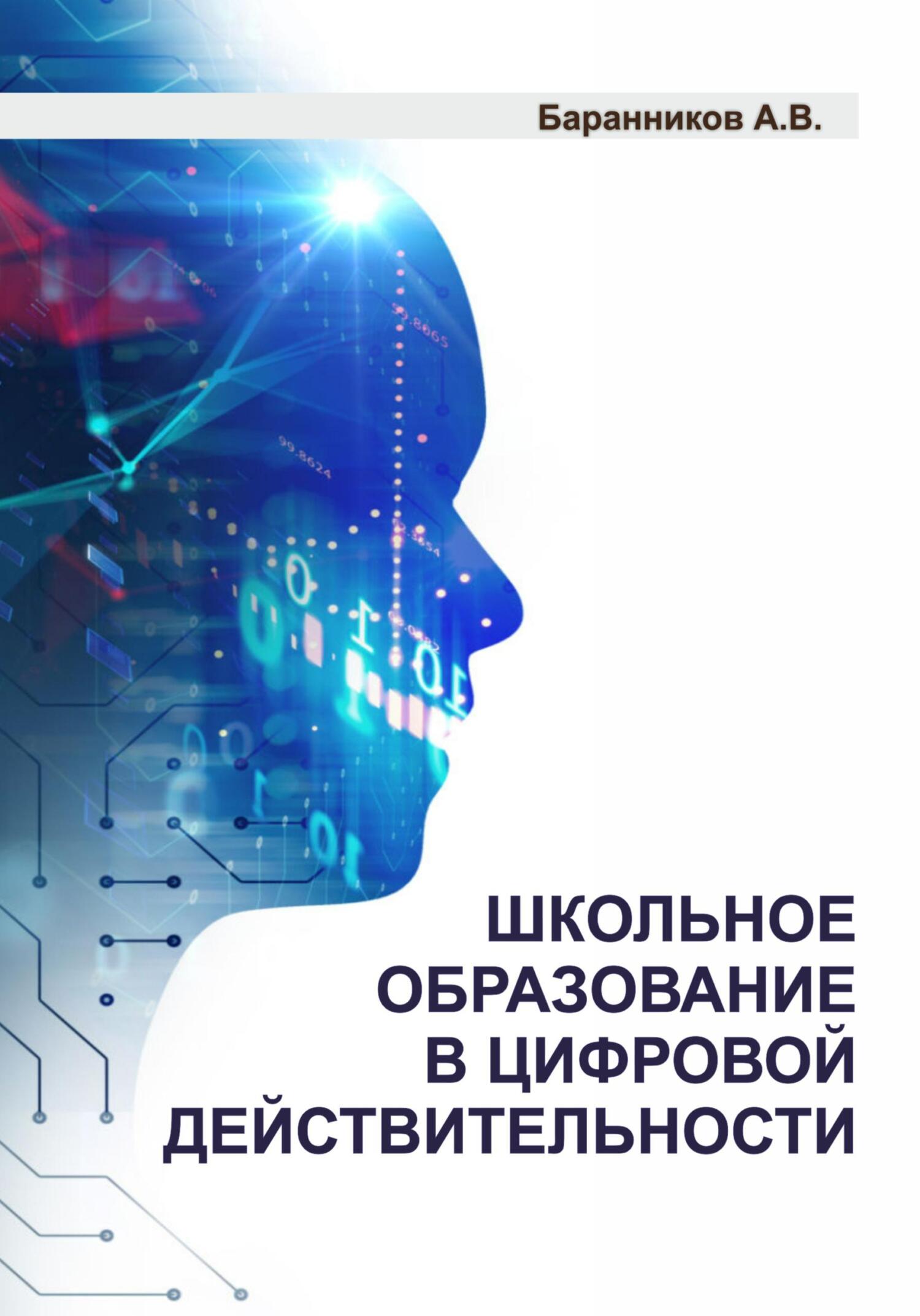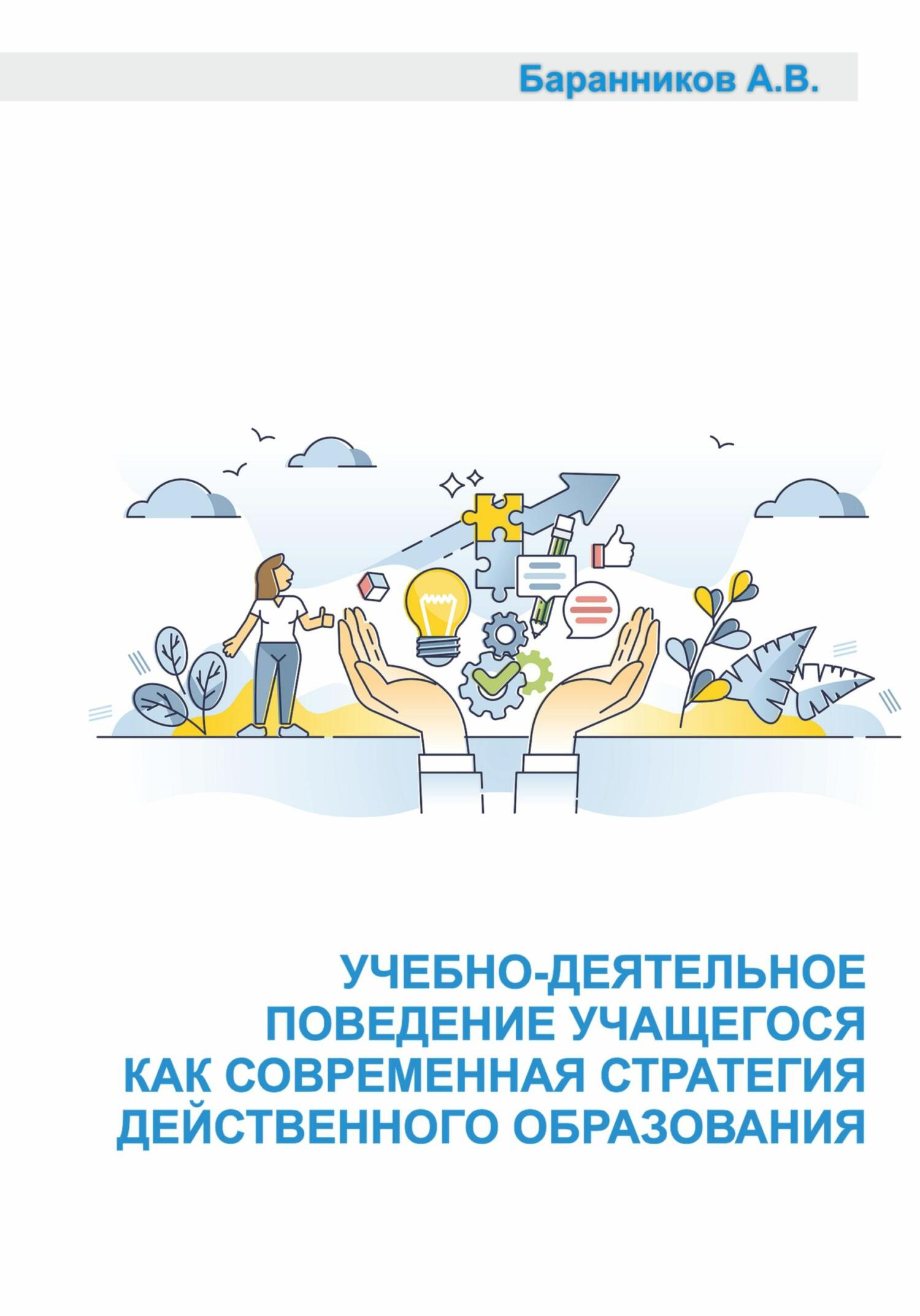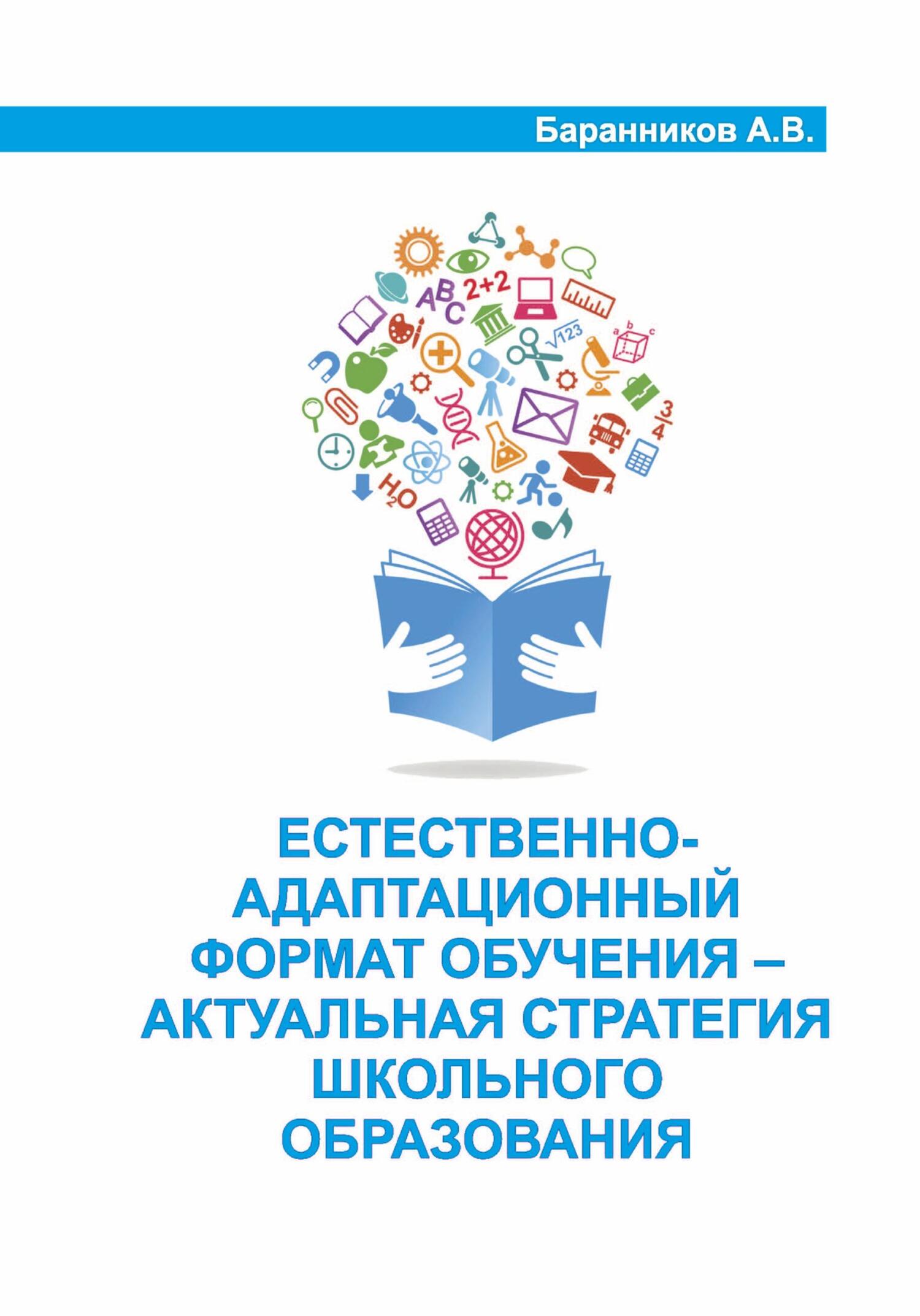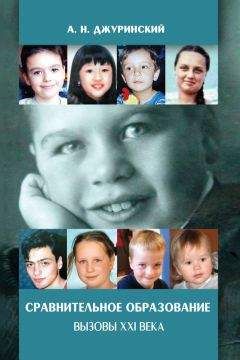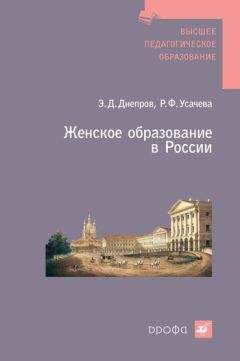and Transformative Approach to Education for Sustainable Development. Anita Berner, Sebastian Lobo, Narayan Silva. School of Engineering Blekinge Institute of Technology Karlskrona, Sweden, 2013
35. BIS-learning support. Handbook. Bavarian international school e.v. March 2012.
36. Cooperative learning: a smart pedagogy for successful learning. Robyn Gillies, PhD and Michael Boyle, PhD School of Education. The University of Queensland 4072, 2013
37. Developing Independent & Autonomous Learning. Mick Healey HE Consultant and Researcher, mhealey@glos.ac.uk www.mickhealey.co.uk 2014.
38. Education for a Digital World: Advice, Guidelines, and Effective Practice from Around the Globe. Vancouver, British Columbia, Canada V6B 3H6, 2008, www.bccampus.ca
39. Education for Sustainable Development Section (ED/PSD/ESD) UNESCO, 7 Place de Fontenoy, 75352 Paris 07 SP, France email: esddecade@unesco.org web: www.unesco.org/education/desd.
40. Educational Practices Series. Accountable Talk: Instructional dialogue that builds he mind. by Lauren B. Resnick, Christa S. C. Asterhan, and Sherice N. Clarke. UNESCO International Bureau of Education, Switzerland. Educational Practices_29-v7.indd, 2018 г.
41. Effective educational practices by Herbert J. Walberg and Susan J. Paik. http://www.ibe.unesco.org/publications.htm. Educational Practices Series-3, 2000, 24 p.
42. Effective pedagogy in social sciences by Claire Sinnema and Graeme Aitken http://www.ibe.unesco.org/publications.htm. Educational Practices Series-23, 2012, 32p.
43. Emotions and learning by Reinhard Pekrun. http:// www.ibe. unesco.org/publications.htm. Educational Practices Series-24, 2014, 30 p.
44. Greenough, William T. "Experience-driven brain plasticity: beyond the synapse". Neuron Glia Biology. 1 (4): 351–363. Doi: 10.1017/s1740925x05000219. PMC 1550735. PMID 16921405. 29 July 2005.
45. FOR A NEW MODEL OF (INTER)ACTIVE LEARNING COJOCARIU Venera-Mihaela Department of Teacher Training, “Vasile Alecsandri” University of Bacău, ROMANIA.
46. Hacking Knowledge: 77 Ways to Learn Faster, Deeper, and Better. Staff Writers — November 30, 2006.
47. Henneke I Van Mier, Steve E Peterson. Role of the cerebellum in motor cognition. Neurocognition, Faculty of Psychology, University Maastricht, Maastricht, 63110 the Netherlands. December 2002. http://dx.doi.org/10.1111/j.1749–6632.2002.tb07578.x
48. How children learn by Stella Vosniadou. http:// www.ibe. unesco.org/ publications.htm. Educational Practices Series-7, 2001, 32 p.
49. How People Learn: Brain, Mind, Experience, and School: Expanded Edition. Committee on Developments in the Science of Learning with additional material from the Committee on Learning Research and Educational Practice, National Research Council. NATIONAL ACADEMY PRESS Washington, D.C., 2000. http//www.nap.edu
50. How the Brain Learns: What lessons are there for teaching? Research Conference. Australian Council for Educational Research 19 Prospect Hill Road Camberwell VIC 3124 AUSTRALIA www.acer.edu.au 2013.
51. How to learn better. A simple approach to teach yourself anything. Steven Churchill. www.didactable.com.
52. Ivan Illich. Deschooling Society. — http:// philosophy.la.psu.edu/ illich /deschool/. 2006.
53. Learning for sustainability in schools, effective pedagogy. Report by WWF-UK, based on research by Dr Chris Gayford WWF-UK, Panda House, Weyside Park, Godalming, Surrey GU7 1XR, T: +44 (0)1483 426333, E: suporterrelaions@wwf.org.uk, wwf.org.uk
54. Marilee Sprenger. Learning and memory: The Brain in Action. Association for Supervision and Curriculum Development Alexandria, Virginia USA, 1999.
55. Maslow A. quotes. — http:// en.thinkexist.com/quotation/, 1996
56. Meaningful Sustainability Learning: A Study of Sustainability Pedagogy in Two University Courses Heather Burns Portland State University International Journal of Teaching and Learning in Higher Education 2013, Volume 25, Number 2, 166–175 http://www.isetl.org/ijtlhe.
57. Motivation to learn by Monique Boekaerts. http:// www.ibe. unesco.org/ publications.htm. Educational Practices Series-10, 2002, 28 p.
58. Multi-perspective Strategic Decision Making Principles, Methods, and Tools. Lynne Wainfan. Published 2010 by the RAND Corporation 1776 Main Street, P.O. Box 2138, Santa Monica, CA 90407-2138 1200 South Hayes Street, Arlington, A 22202-5050 4570 Fifth Avenue, Suite 600, Pittsburgh, PA 15213-2665 RAND RL: http://www.rand.org
59. Nurturing creative thinking by Panagiotis Kampylis and Eleni Berki. http://www.ibe.unesco.org/publications.htm. Educational Practices Series-25, 2014, 26 p.
60. Parents and learning by Sam Redding. http:// www.ibe. unesco.org/ publications.htm. Educational Practices Series-2, 2000, 36 p.
61. Personalized Learning: A Guide for Engaging Students with Technology Peggy. Grant and Dale Basye, 2014/ International Society for Technology in Education.
62. Practice Principles for Excellence in Teaching and Learning. State of Victoria (Department of Education and Training) 2020 East Melbourne, Victoria, 3002. f
63. Principles of instruction by Barak Rosenshine. http://www.ibe. unesco.org/publications.htm. Educational Practices Series-21, 2010, 31 p.
64. Reflections about Interactive Learning Environments: A Multi-Perspective Approach Stefan N. Groesser, MBA (Dipl.-Kfm. Techn.)1Ph.D. Candidate, University of St. Gallen, Institute of Management, Switzerland Research Associate, University of Berne, Interfacultary Center for General Ecology, Switzerland groesser@ikaoe.unibe.ch www.ikaoe.unibe.ch/personen/ grosser.
65. Sarah Grand-Clement. Digital learning. Education and skills in the digit. Published by the RAND Corporation, Santa Monica, Calif., and Cambridge, UK 2017.
66. Self-Directed Learning in the Middle School Classroom. Jim Pfeiffer. http://digitalcommons.unl.edu/mathmidactionresearch.
67. Self-Regulated Learning Activities: Supporting Success in Online Courses. Maureen Snow Andrade, Utah Valley University USA, www.intechopen.com.
68. School policies and practices to support effective classroom assessment for learning. D Pedder, University of Cambridge, Cambridge, UK, 2010.
69. Siemens G. Knowing knowledge. www.knowingknowledge.com, 2006.
70. Smart education framework. Smart Learn. Environ. Kadir Alpaslan Demir. https://doi.org/10.1186/s40561-021-00170-x, 2021. (
71. Smart Pedagogy of Learning Technologies: Implementing TPACK in Design and Selection of Technologies for the Future Classroom Bosede Iyiade. Edwards*1, 2, Adrian David Cheok Imagineering Institute, Iskandar Puteri, Malaysia City, University of London, Northampton Square, London. UK Universiti Teknologi Malaysia, Johor Bahru. Malaysia *bosede@imagineeringinstitute.org.
72. Supporting Principals’ Learning: Key Features of Effective Programs. Leib Sutcher, Anne Podolsky, and Danny Espinoza? LEARNING POLICY INSTITUTE, 2017.
73. Sustainability and learning: what role for the curriculum? By Professor William Scott. This is the text of the inaugural lecture of Professor William Scott PhD RSA, given on 25 April 2002 at the University of Bath. An inaugural lecture marks the conferring of the status of professor. Email enquiries@cee.org.uk Website www.cee.org.uk
74. Taylor M. Teaching Generation NeXT: Today’s postmodern student — meeting, teaching, and serving. in A collection of papers on self-study and institutional improvement, www.taylorprograms.com, 2005, 2, 99-107. Chicago.
75. Taylor M. Teaching Generation NeXT: A Pedagogy for Today’s Learners. A collection of papers on self-study and institutional improvement 26th Edition, www.taylorprograms.com, 2010.
76. Teaching for Transformation: (Re)Designing sustainability courses based on ecological principles Heather Burns Portland State University Journal of Sustainability Education Vol. 2, March 2011.
77. The Future of Learning: Preparing for Change Christine Redecker, Miriam Leis, Matthijs Leendertse, Yves Punie, Govert Gijsbers, Paul Kirschner, Slavi Stoyanov and Bert Hoogveld Luxembourg: Publications Office of the European Union 2011.
78. The future of teaching and learning. International summit on the teaching profession 2019, Helsinki, Finland, march 14–15. This report is available at: AsiaSociety.org/teachingsummit.
79. The Perception of Students and Teachers on the
